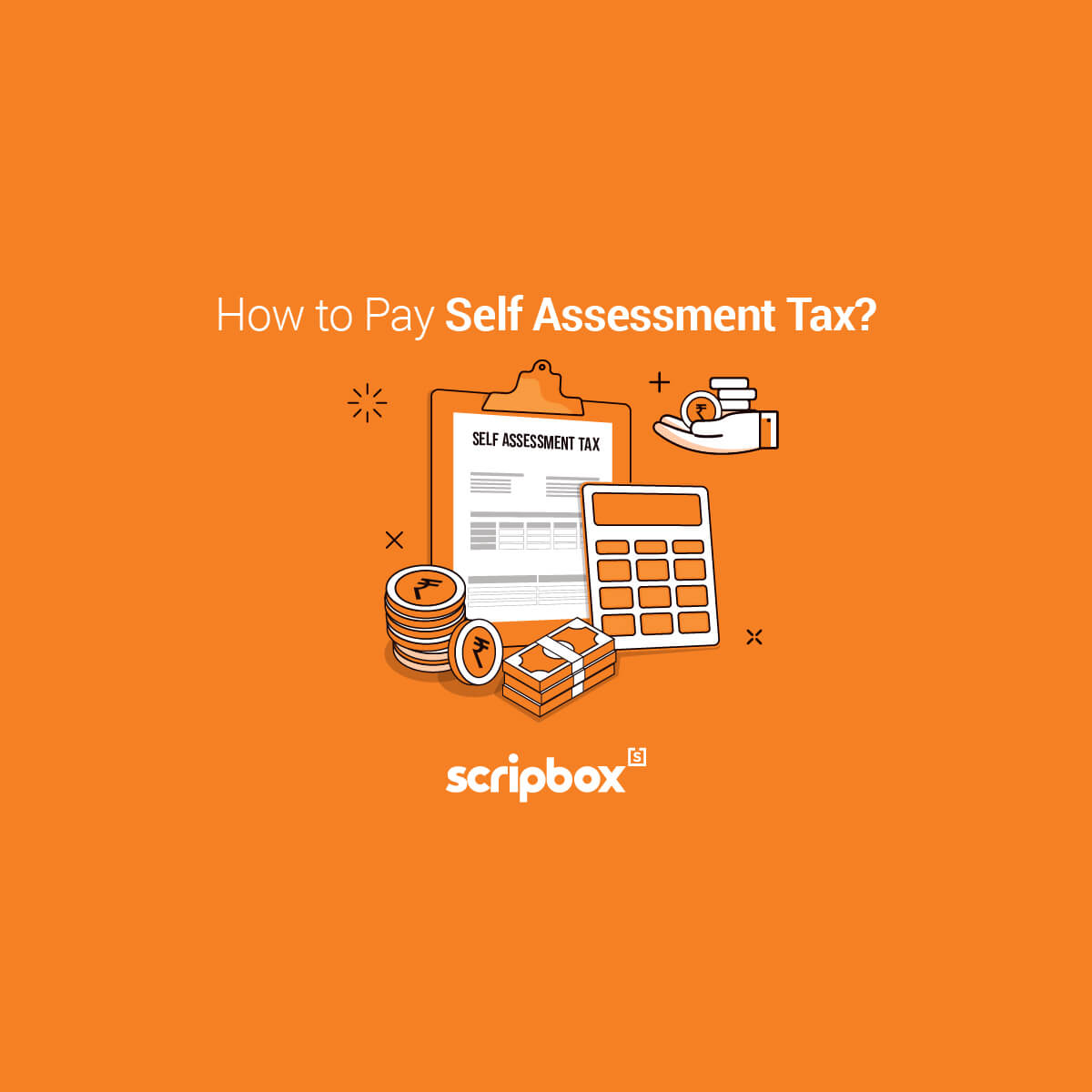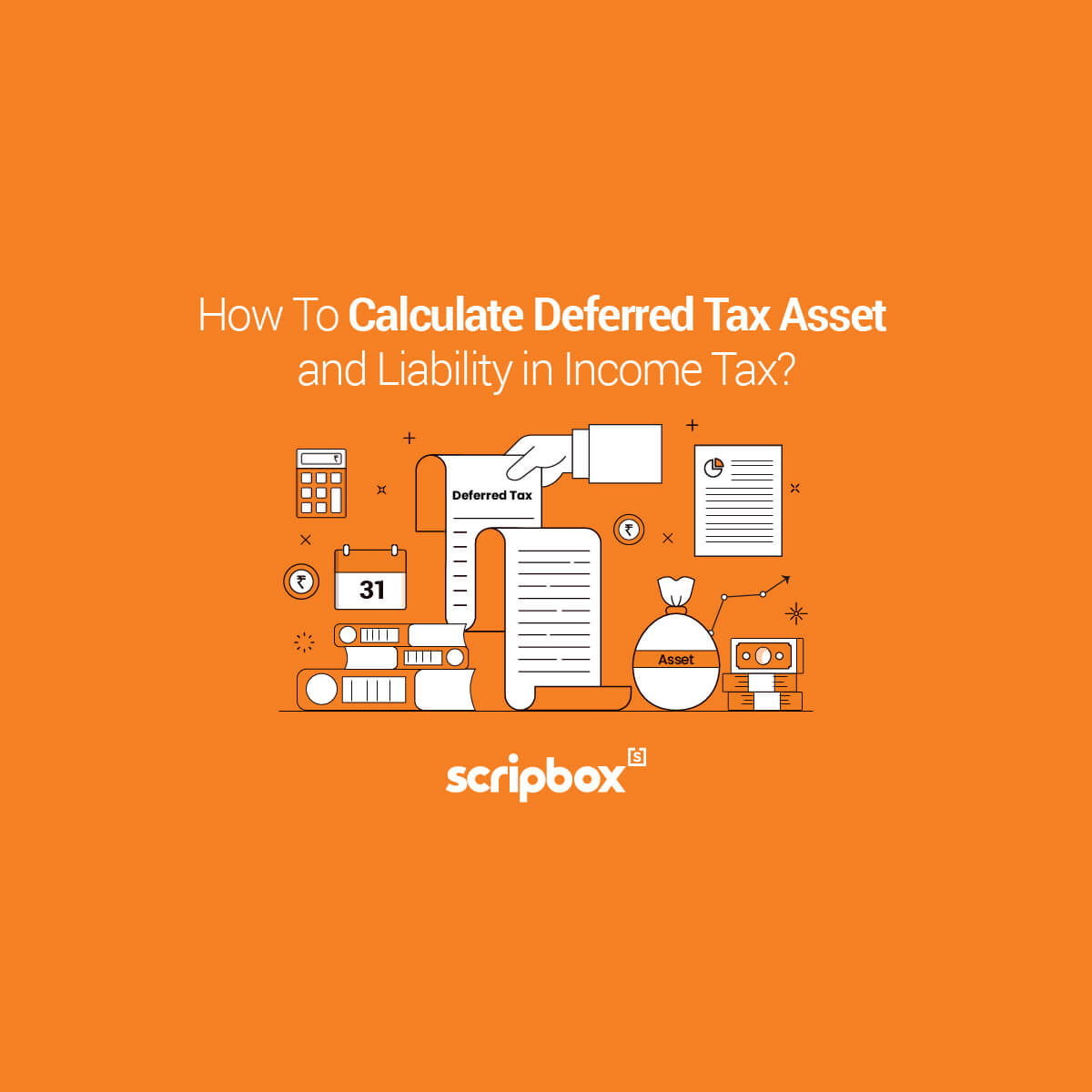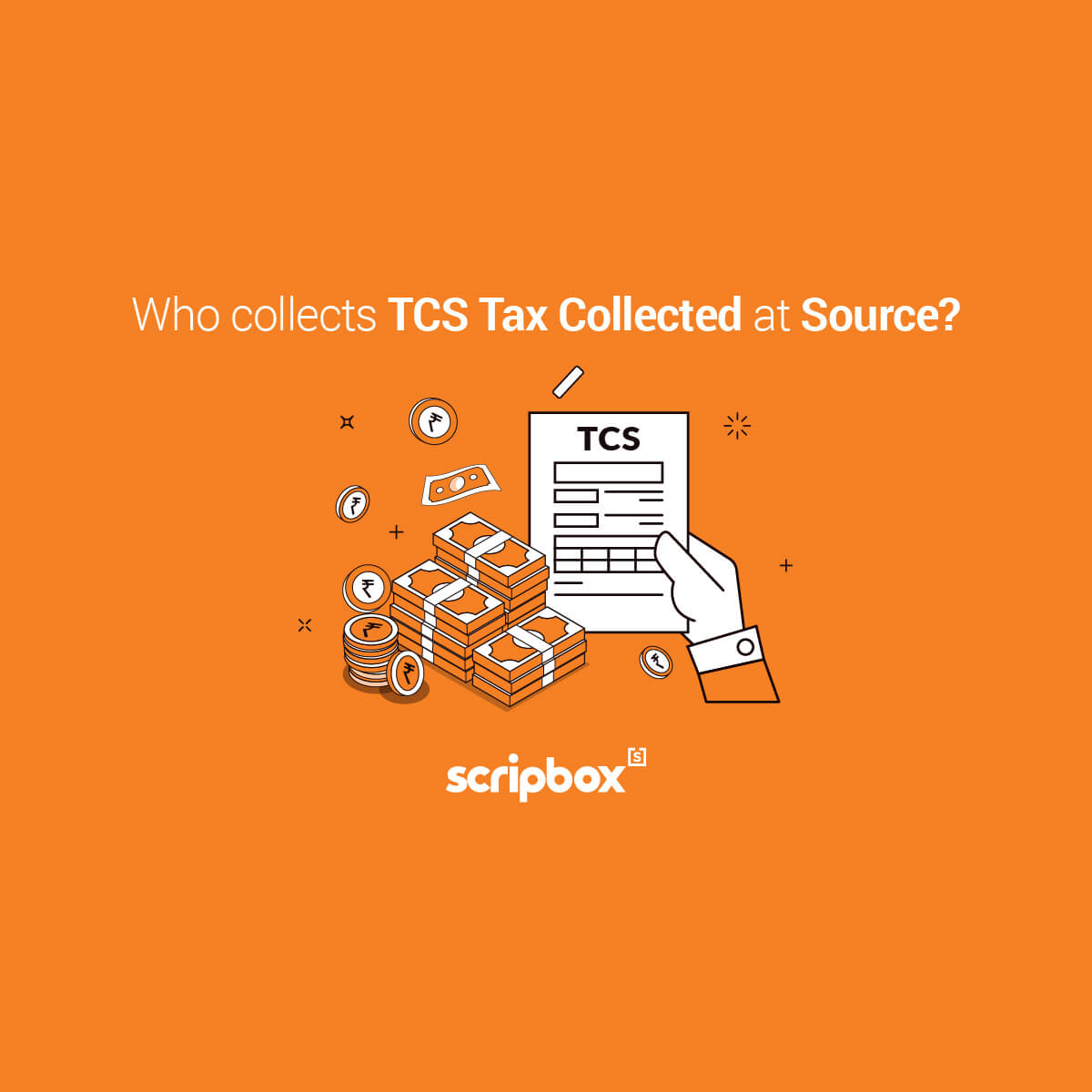What is an income tax audit under section 44AB?
In India, various laws govern different types of audits like statutory audit, stock audit, cost audit. The core purpose of these audits is to ensure that the books of accounts are free from any error mentioned in the particular law. Similarly, Income Tax Act provides for tax audit under section 44AB.
As the name suggests tax audit is an examination of books of account of any business or profession from a tax compliance viewpoint. It involves the assessment of income tax returns, deductions claimed, income earned, and other provisions of the income tax act.
Objectives of income tax audit
The core objective of an income tax audit is to ensure the taxpayer adheres to the income tax rules and provisions in a financial year. The transactions entered by the taxpayer w.r.t. Receipts, expenses, loan, deductions, etc are as per the provisions. The following are other objectives:
- To ascertain/derive/report the requirements of Form Nos. 3CA/3CB and 3CD.
- a proper audit for tax purposes would ensure that the books of account and other records are properly maintained
- Books of account truly reflect the income of the taxpayer and claims for deduction are correctly made by him
- Ensure proper maintenance and correctness of books of accounts
- Certification of books of accounts by an auditor
- A reporting of the discrepancies/ observations of the tax auditor on examination of books of accounts to the income tax department
- A check for fraud and malpractice by the taxpayer while filing income tax returns
- Reporting of essential details such as depreciation, loans and advances, deductions, and compliance with provisions of the income tax act. This reporting helps the income tax department in two ways. Firstly, facilitate the administration of tax laws by a proper presentation of accounts before the tax authorities. Secondly, calculation and verification of total income, expenditure, claim of deductions, and so on.
- Save the time of Assessing Officers in carrying out routine verifications, like checking the correctness of totals and verifying whether purchases and sales are properly vouched for or not. The time of the Assessing Officers saved could be utilized for attending to more important and investigational aspects of a case.
Applicability of Tax Audit under section 44AB
A taxpayer must mandatorily undergo a tax audit of his/ her books of accounts if the sales, turnover, or gross receipts exceeds Rs 1 crore in a financial year.
The threshold limit of Rs 1 crore is proposed to be increased to Rs 5 crore with effect from AY 2020-21 (FY 2019-20. The following condition applies to the taxpayer’s cash receipts and payment:
- cash receipts are limited to 5% of the gross receipts or turnover
- cash payments are limited to 5% of the aggregate payments
A taxpayer might have to comply with tax audit provisions under other scenarios as well. The following are all such scenarios in which an income tax audit is mandatory:
A taxpayer who engages in business in the financial year
| Category Of Person | Threshold |
| Carrying on business (Taxpayer does not opt for presumptive taxation scheme) | Total sales, turnover or gross receipts exceed Rs 1 crore in the FY |
| Carrying on business. The business is eligible for presumptive taxation under Section 44AE, 44BB or 44BBB | The taxpayer claims profits or gains which is less than the prescribed limit. The limit under the presumptive taxation scheme of Section 44AE, 44BB or 44BBB. |
| A person who is carrying on a business that is eligible for presumptive taxation under Section 44AD | The taxpayer declares taxable income that is less than the prescribed limit. The limit under the presumptive taxation scheme of Section 44AD. Additionally, the income exceeds the basic threshold limit |
| Carrying on the business and is not eligible to claim presumptive taxation under Section 44AD. The reason is opting out of the presumptive taxation in any one financial year. The opt-out is made in any of the financial years of the lock-in period of 5 consecutive years from the year the presumptive tax scheme was opted for the first time | If income exceeds the maximum amount not chargeable to tax in the subsequent 5 consecutive tax years from the financial year when the presumptive taxation was not opted for. |
| Carrying on business and declaring profits as per presumptive taxation scheme under Section 44AD | Total sales, turnover or gross receipts is less than Rs 2 crore in the financial year |
A taxpayer who engages in a profession in the financial year
| Category Of Person | Threshold |
| Carrying on Profession | Total gross receipts exceed Rs 50 lakh in the financial year |
| Carrying on Profession. The business is eligible for presumptive taxation under Section 44ADA | The taxpayer claims profits or gains which is less than the prescribed limit u/s 44ADA. The total income exceeds the basic exemption limit. Example- Rs 250000 is the basic exemption limit for individual taxpayers not being a senior citizen. |
A taxpayer who suffered a business loss in the financial year
| Category Of Person | Threshold |
| Loss from carrying on a business. The taxpayer does not opt for a presumptive scheme | Total sales, turnover, or gross receipts exceed Rs 1 crore |
| The total income exceeds the basic exemption limitLoss from carrying on a business. The taxpayer does not opt for a presumptive scheme | The loss is from a business that has a total income that exceeds the basic exemption limit |
| The total income does not exceed the basic exemption limitLoss from carrying on a business. The taxpayer opts for a presumptive scheme u/s 44AD | Tax audit is not applicable |
| Loss from carrying on a business. The taxpayer does not opt for a presumptive scheme u/s 44ADThe total income exceeds the basic exemption limit | Total Income exceeds the basic exemption limitTaxable income below the limits prescribed under the presumptive tax scheme |
Penalty for non-compliance to tax audit provisions u/s 44AB
A taxpayer who fails to comply with tax audit provisions will have to pay the applicable penalty. The penalty as per Section 271B of the Income Tax Act will be least of the following:
- Rs 1,50,000
- 0.5% of the total sales, turnover, or gross receipts
Example-
Mr. Amit carrying on a business and is liable for a tax audit. His total sales in the financial year are Rs 4 crores. He fails to get his books of account audited as per section 44AB.
The penalty will be least of the following:
- Rs 1,50,000
- 0.5% of the total sales. Rs 4 crore * 0.5% = Rs 2,00,000
Here the penalty will be Rs 2,00,000.
However, the income tax department waives off the penalty where the taxpayer shows a reasonable cause for non-compliance. The following are a few of the reasonable reasons for which penalty waiver is applicable:
- Delay caused by the resignation of the tax auditor
- Delay caused by death or physical inability of the partner responsible for accounts
- Natural calamities
- Delay caused by labour issues such as strikes or lock-outs
- Delay caused by loss of accounts due to theft or fire, or incidents that are not under the assessee’s control
Income Tax Audit Report Format
A taxpayer must file the tax audit report in a prescribed form. The format is prescribed by the income tax department. The following are the types of tax audit report along with their applicability:
- Form No. 3CA. This form applies to a taxpayer carrying on business or profession and who needs to get his books of accounts audited under any other law.
- Form No. 3CB. This form applies to a taxpayer carrying on business or profession and who is NOT required to get his books of accounts audited under any other law.
However, in either of the cases, the taxpayer must furnish Form No. 3CD along with Form No. 3CA or Form No. 3CB as applicable.
Tax Audit Report Filing Process
The following is the step-by-step procedure for filing the report:
- The chartered accountant will present the tax audit report online using his/ her own login credentials. The chartered accountant must be an individual assigned to conduct the audit of the individual or organization.
- The taxpayer must mention the details of the chartered accountant in their platform
- The audit report gets uploaded by the chartered accountant. The taxpayer has the option to either accept or reject the report. In case the taxpayer rejects the report, the entire process will start over again.
Due Date of Filing Tax Audit Report
The due date of filing the report depends on the due date of filing the income tax return. The taxpayer must file the report on or before the due date of filing the income tax return. The due date of filing ITR is 30th November of the subsequent assessment year for taxpayers who engage in an international transaction during the financial year. The due date of filing is 30th September of the subsequent assessment year for other taxpayers.
Who will audit the books of accounts as per tax audit provisions?
A Chartered Accountant or a firm of chartered accountants conduct the audit as per tax audit provisions. An individual can conduct only 60 audits in a financial year. In the case of a partnership, this limit applies to each member of the partnership firm being a chartered accountant.
What happens if a person is required to get his accounts audited under any other law like the Companies Act?
Taxpayers like companies or co-operative societies are required to get their accounts audited under their respective laws. If a taxpayer gets his account audited under any other law then he need not again get his accounts audited to comply with the requirement of section 44AB.
In such a case it is enough to get the accounts of such business or profession audited under such law. Additionally, obtain the report of the audit as required under such other law. Further, he/ she will have to furnish a report by the chartered accountant in the form prescribed under section 44AB i.e. Form No. 3CA and Form 3CD
Related Articles
- What is an income tax audit under section 44AB?
- Objectives of income tax audit
- Applicability of Tax Audit under section 44AB
- Penalty for non-compliance to tax audit provisions u/s 44AB
- Income Tax Audit Report Format
- Tax Audit Report Filing Process
- Due Date of Filing Tax Audit Report
- Who will audit the books of accounts as per tax audit provisions?
- What happens if a person is required to get his accounts audited under any other law like the Companies Act?























Show comments